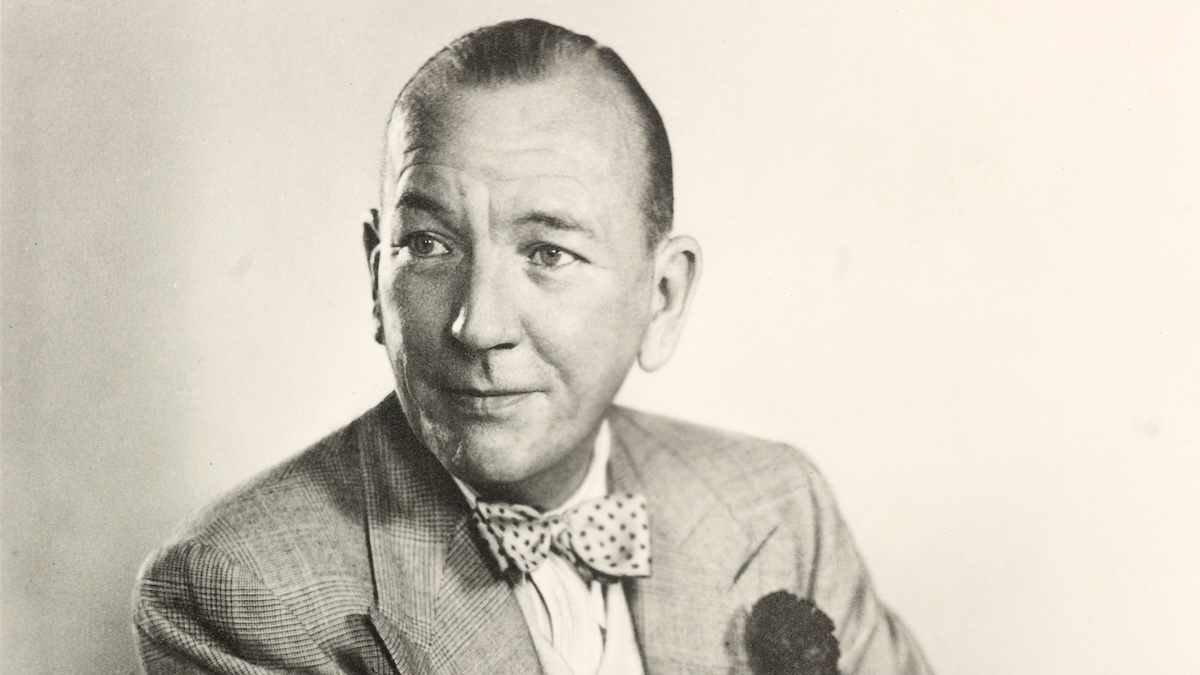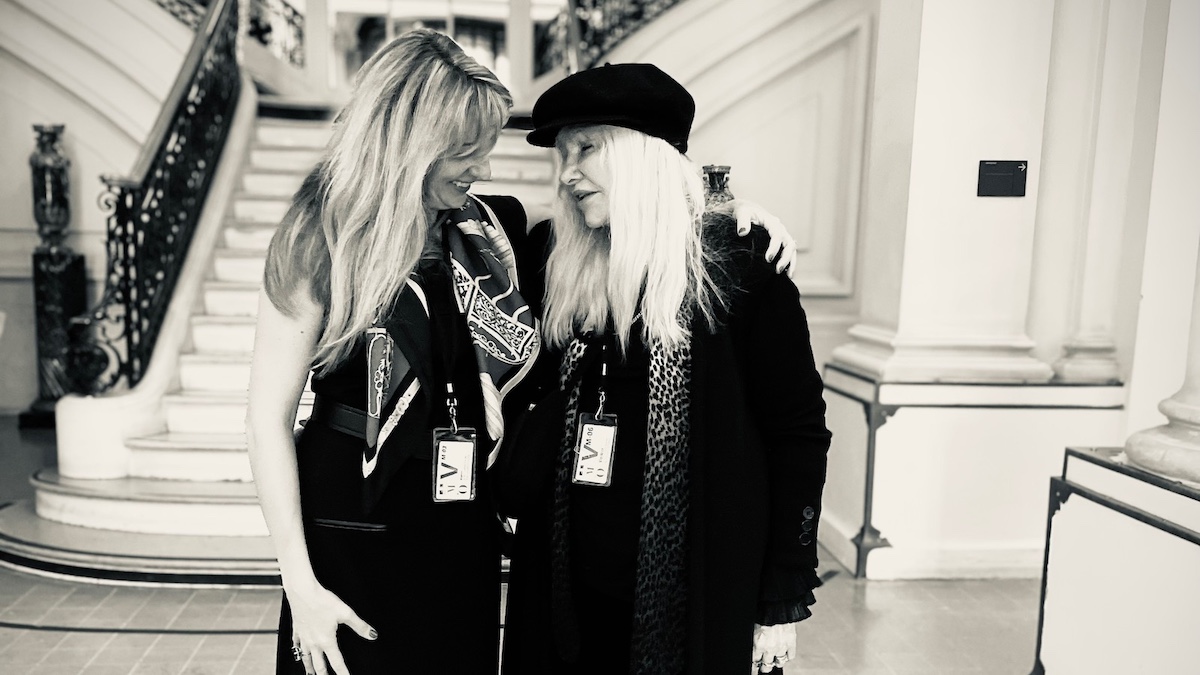
In 1958, the renowned dramatist Harold Pinter made his claim that “there are no hard distinctions between what is real and what is unreal, nor between what is true and what is false. A thing is not necessarily either true or false; it can be both true and false.” This complex statement is likely to leave many readers turning over these words repeatedly. They are a window into Harold Pinter, the artist, whose work has been poured over by theatre-goers, academics, and critics for decades.
Blurring the lines of the truth, creating ambiguity, and deflecting dramatic resolutions have often been considered hallmarks of the late British playwright – not to mention the famous “Pinter pause.” One of Pinter’s seminal works, The Homecoming, celebrated the 50th anniversary of its Broadway debut this month. The most recent Broadway revival opened in December 2007, marking the 40th anniversary of the play’s world premiere. Of this revival, New York Times theatre critic, Ben Brantley, noted “We may not have thought we saw ourselves in ‘The Homecoming’ four decades ago. Now it feels like a mirror.”
Pinter described this raw play as his most “masculine” work. The action begins when Terry returns to his home in the UK to introduce his wife Ruth (married now for six years) to his father, uncle, and brothers. As familial tensions and power dynamics shift over the course of the play, Ruth ultimately gains power over the men of the house, and assumes the alpha-role as mother, wife, and lover, after sending her husband back to the United States.
Many consider the play to be a blistering examination of family, and masculine authority when challenged by a strong female presence. It is a provocative theme, and proves incredibly fascinating when re-examined throughout these 50 subsequent years. On the one hand, Ruth wields power over a clan of aggressive men; on the other hand, the text implies that Ruth might agree to prostitute herself to earn her keep in her new home. The ambiguities inherent in this role (and the play itself) demonstrate Pinter’s belief that art is meant to blur the lines of certainty, and thus invite critical thinking about his subjects.
Upon winning the Nobel Prize for literature in 2005, Pinter qualified his earlier statement: “I believe that these assertions still make sense and do still apply to the exploration of reality through art. So as a writer I stand by them but as a citizen I cannot. As a citizen, I must ask: What is true? What is false?” In his art, Pinter sought to explore the vagueness of reality; in his politics, he demanded concrete facts. Considering Pinter’s artistic and political positions, this 50th anniversary comes at an auspicious moment. When the hard lines of reality are being distorted off the stage, an artist like Pinter seems even more potent. Few playwrights were more entrenched in politics than Pinter, and as we toast his legacy in this new world of alternative facts, it becomes more crucial for artists to hold that mirror up to their audiences, and demand that we pay attention.
To purchase a copy of Homecoming click here, and to learn more about licensing a production, click here.

Noël Coward’s Travels

Kate Chopin in New Orleans: Mother-Daughter Author Duo Collaborate on Historical Book

